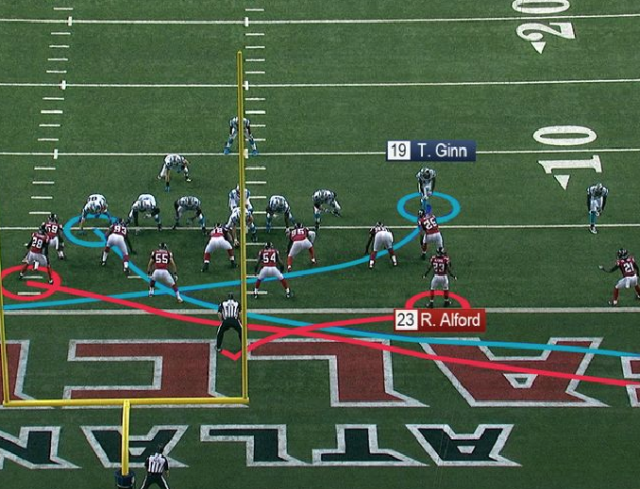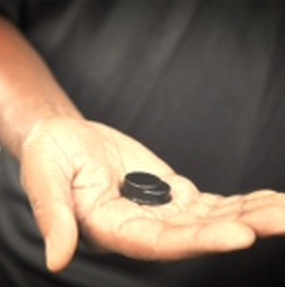Fantasy footballers and coaches rejoice—NFL players to wear RFID tags
Morning-after box scores, live broadcasts, and officiating may never be the same.

Facial-recognition technology already tracks fans at some venues. But now, with its upcoming season just around the corner, the NFL is installing radio frequency identification (RFID) chips in players' shoulder pads to track all of their on-field movements in real time.
The NFL announced Thursday that it is partnering with Zebra Technologies, the company that already supplies RFID chips for applications from "automotive assembly lines to dairy cows' milk production." For the football nerd, it's a bonanza of sorts, possibly changing fantasy football and morning-after box scores forever. Zebra said the technology, known as "Next Gen Stats," will track player acceleration rates, top speed, length of runs, and even how much separation a ball carrier got from a defender. It's not just a Pandora's box of stats for fans and broadcasters, as coaches can immediately employ the data to decide what plays to run or how to defend them.

RFID devices to be fastened in NFL players' shoulder pads.
NFL
The NFL said the technology will be used in 17 stadiums for the 2014-2015 season. The teams include: Atlanta, Baltimore, Carolina, Chicago, Cincinnati, Denver, Detroit, Green Bay, Houston, Jacksonville, Miami, New England, New Orleans, Oakland, San Francisco, St. Louis, and Washington. For the moment, however, NFL teams cannot access the in-game data for competitive reasons to allow the league a chance to examine its integrity.
"Zebra’s tracking technology will help teams to evolve training, scouting, and evaluation through increased knowledge of player performance, as well as provide ways for our teams and partners to enhance the fan experience," said Vishal Shah, NFL vice president of media strategy.
About 20 RFID receivers will be installed at various points in a venue. They will be connected via cables to a hub and server transmitting the data collected from the quarter-sized sensors hidden in a player's shoulder pads. The sensors provide the receivers data 25 times per second and are powered by a simple battery watch.
And for those measuring the officials' game performance, they'll be fastened with an RFID chip. The yardsticks will also have them as well. The one main piece of equipment that won't have one is the football.
The sensors' accuracy rating isn't perfect, however. So a sensor won't be used to determine if the football crossed the goal line, unlike the camera technology used in the most recent World Cup.
Next year, players are likely to be equipped with Zebra technology that measures heart rates, temperature, and even lung capacity.



No comments:
Post a Comment